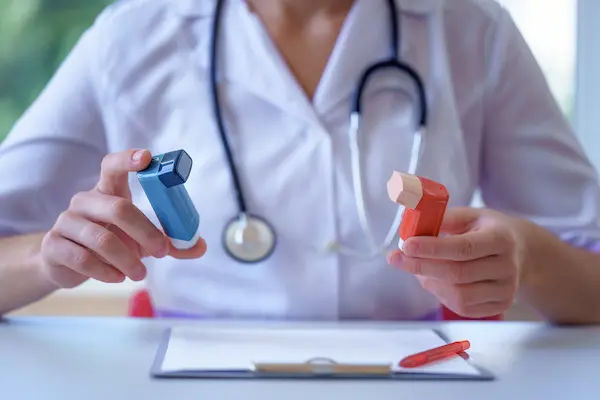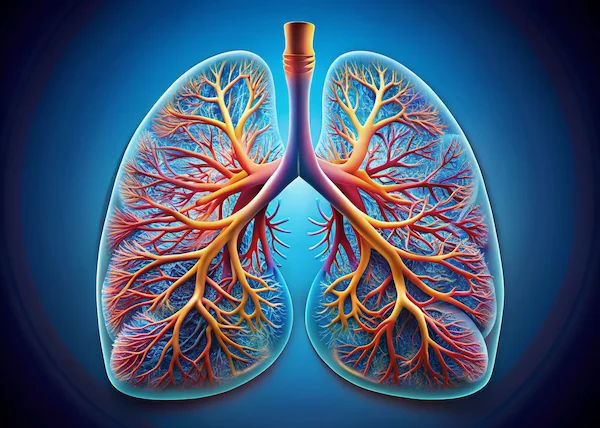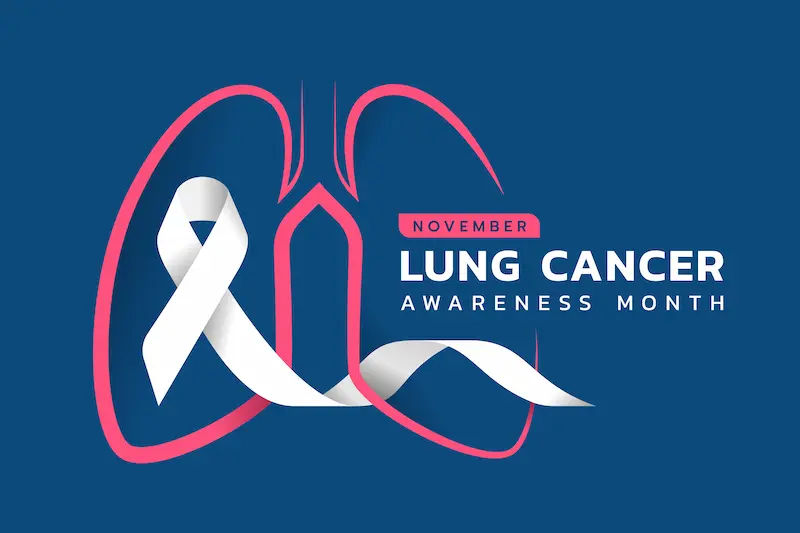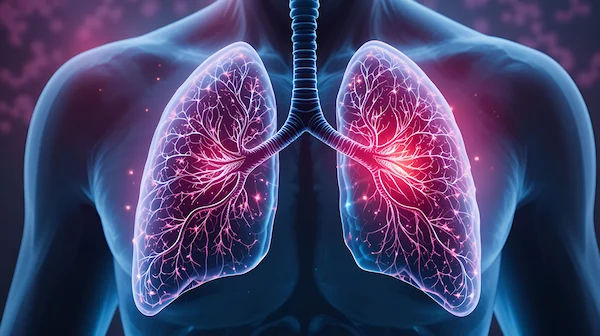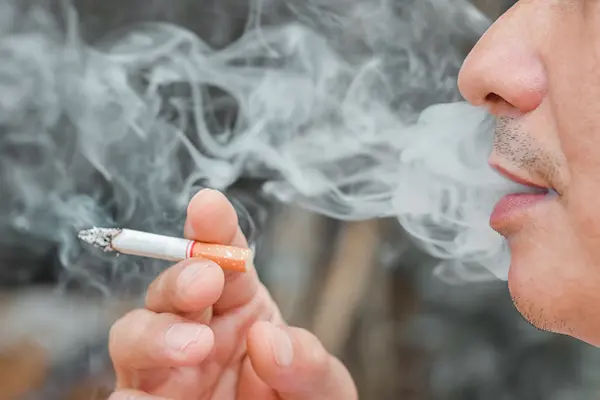- male
- 60 Years
- 07/02/2025
Does lung fibrosis have a cure? What kind of treatments are available for it, and how does fibrosis actually happen in the lungs? Im really trying to understand more about this condition and what I might be dealing with here.
Answered by 1 Apollo Doctors
treatment is available for lung fibrosis
Dr. Ranjith Suggests...
Consult a Pulmonology Respiratory Medicine Specialist
Answered 04/07/2025
0
0

Ask Apollo
AI powered Health Chatbot
-
What is Lung Fibrosis and How It Happens
- Lung fibrosis is the scarring of lung tissue.
- It occurs due to injury, inflammation, and excessive scar formation.
-
Is There a Cure for Lung Fibrosis?
- Currently, lung fibrosis is generally not curable.
- Treatments focus on slowing progression and managing symptoms.
-
Treatment Options for Lung Fibrosis
- Medications: Antifibrotic drugs like pirfenidone and nintedanib.
- Supportive Care: Oxygen therapy, pulmonary rehabilitation.
- Managing Complications: Treating infections, controlling symptoms.
- Advanced Options: Lung transplantation in selected cases.
-
Role of Medical Specialties
- Pulmonologists are the primary specialists managing lung fibrosis.
- Regular monitoring and follow-up are crucial.
-
Lifestyle and Supportive Measures
- Avoid smoking and lung irritants.
- Get vaccinations to prevent respiratory infections.
- Maintain nutritional support and engage in physical activity as tolerated.
Recommended next steps
Consult a Pulmonology Respiratory Medicine Specialist
Answered 20/08/2025
0
0

More Pulmonology/ Respiratory Medicine Health Queries
View allI'm really concerned about my wife. Back in 2020, she got Covid, and ever since then, she's been having these breathing issues. It's not constant but comes and goes, like she's fine for a few days, and then suddenly, she feels breathless with chest pain and heaviness. We've done all the testslike for asthma and chest X-raysand everything came back clear. We even tried an ayurvedic doctor who suggested it might be due to some cough in her chest, which he said was odd since the X-rays were normal. Strangely, his medicine seemed to help for a while. But now, the problem is back, and I doubt it's cough-related because she doesnt have a cold or fever. I'm at a loss and would really appreciate any suggestions or advice on what else we can do to figure this out. Could it be something post-Covid related that we're missing?
there might be some post covid issues. try yoga, breathing exercises. if still problem isnot resolved consult a pulmonologist
Answered by 1 Apollo Doctors
I'm having this issue where a few hours after I fall asleep, I wake up with shortness of breath. It's really alarming because it happens out of nowhere, and I don't know what's causing it. After I drink some water, I feel better, but it's unsettling not to know why it's happening. There's no chest pain or anything like sweating, just this sudden breathlessness. Can you help me figure out what might be going on?
do one chest xray and check your hemoglobin levels.
Answered by 1 Apollo Doctors
I'm a bit confused right now. I recently had a pretty bad asthma attack, and my doctor switched me to this duolin inhaler. Before that, I was using the Rotahaler, mainly because it was cheaper. I'm trying to figure out if the duolin inhaler is actually better for me or if I can just go back to using the Rotahaler like before. Any advice on what I should do?
Duolin inhaler, containing a combination of Levosalbutamol and Ipratropium, is generally considered more effective than Rotahaler (containing only Levosalbutamol) for managing severe asthma symptoms, as it provides both bronchodilation and anti-inflammatory effects, so it's recommended to continue with Duolin inhaler as advised by your doctor.
Answered by 1 Apollo Doctors
Disclaimer: Answers on Apollo 247 are not intended to replace your doctor advice. Always seek help of a professional doctor in case of an medical emergency or ailment.

